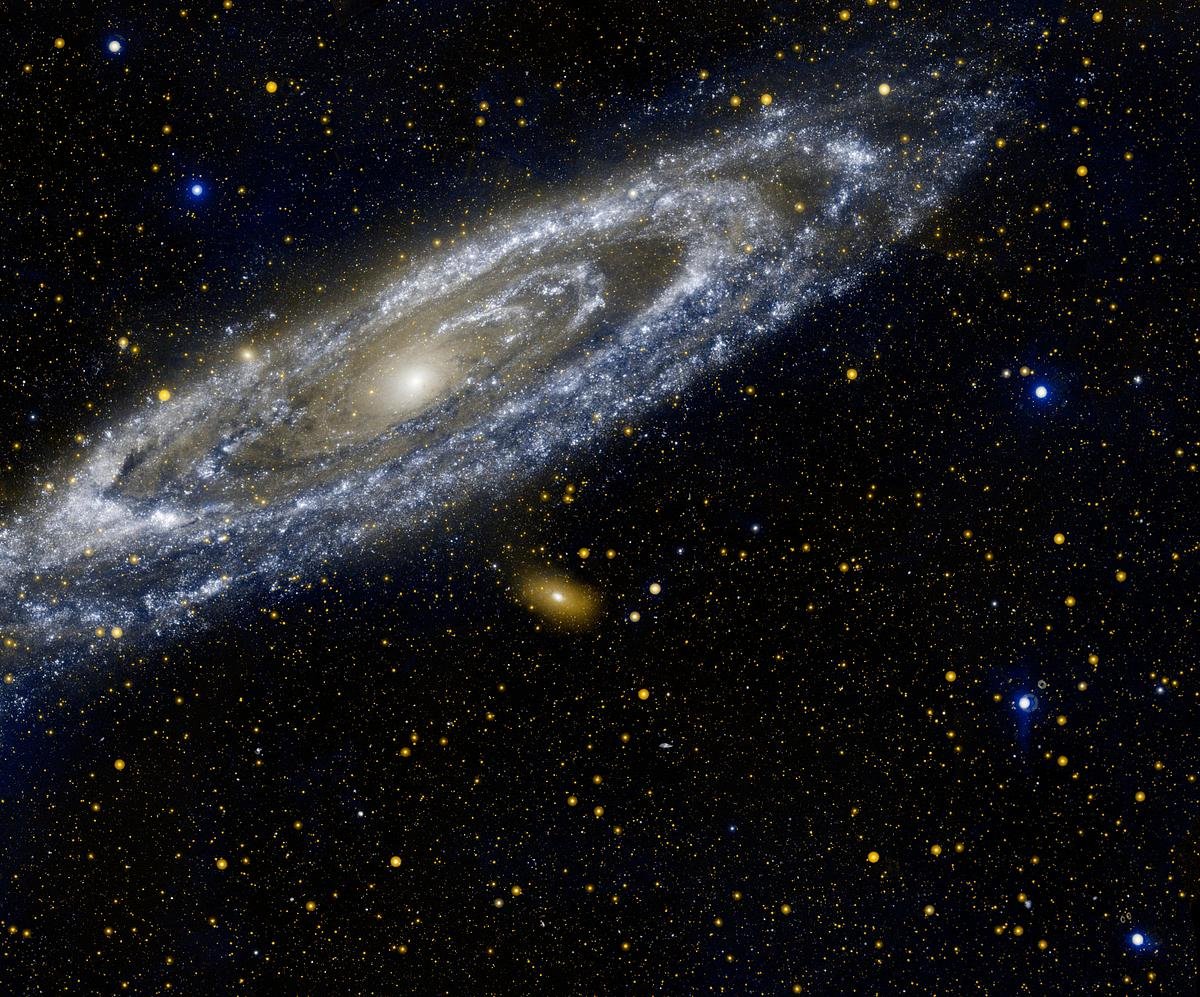The future of human evolution is a fascinating topic that stirs both curiosity and imagination. As we look forward, the question arises: how will humans change over the next 100,000 years? Evolution is a slow and complex process, driven by environmental changes, genetic mutations, and cultural shifts. While predicting the exact path of human evolution is challenging, science provides some insights into possible future adaptations. As we delve into this topic, we’ll explore various aspects, from physical changes to technological integration, that may shape the humans of the future.
Adapting to a Changing Environment
As Earth’s climate continues to change, humans may need to evolve to survive in new environmental conditions. Rising temperatures, shifting weather patterns, and altered ecosystems could drive evolutionary changes. For example, people living in hotter climates might develop darker skin to protect against increased UV radiation. Similarly, those in colder regions could evolve to retain heat more efficiently. These adaptations would be gradual, occurring over thousands of generations. The ability to adapt to changing environments is a cornerstone of evolution, and humans are no exception.
The Role of Genetic Mutations
Genetic mutations are random changes in DNA that can lead to new traits. Over time, beneficial mutations may become more common in a population, driving evolution. In the future, humans might develop mutations that enhance cognitive abilities, physical strength, or disease resistance. These changes could be subtle, like improved eyesight or faster reflexes, or more pronounced, such as the ability to process new types of food. Genetic mutations are unpredictable, but they provide the raw material for evolution, shaping the future of the human species.
Technological Integration and Enhancement
As technology advances, humans may increasingly integrate it into their bodies, blurring the line between biology and technology. Implantable devices, such as brain-computer interfaces, could enhance cognitive functions, allowing us to process information more quickly or communicate telepathically. Prosthetic limbs and organs might become more advanced, providing superhuman strength or endurance. This merging of technology and biology, known as transhumanism, could lead to a new era of human evolution, where our physical and mental capabilities are enhanced by machines.
The Impact of Space Exploration

As humanity ventures beyond Earth, space exploration could drive unique evolutionary changes. Living in space presents challenges such as low gravity, radiation exposure, and limited resources. Over time, humans might evolve to better withstand these conditions. For example, individuals living on Mars could develop denser bones to counteract the effects of reduced gravity, or a more robust immune system to handle cosmic radiation. Space exploration opens new frontiers for human evolution, as we adapt to life beyond our home planet.
Cultural Evolution and Social Structures

Human evolution is not solely a biological process; cultural evolution plays a significant role. As societies evolve, social structures, languages, and customs change. These cultural shifts can influence genetic evolution by altering selective pressures. For instance, changes in diet, such as the rise of vegetarianism, could affect our digestive systems over time. Additionally, the development of new social norms and technologies might shape our cognitive and emotional traits. Cultural evolution is intertwined with biological evolution, driving changes in the human species.
Health and Longevity Improvements
Advancements in medicine and healthcare could profoundly impact human evolution. As we develop cures for diseases and extend lifespans, selective pressures on certain traits might decrease. For example, genetic predispositions to certain illnesses might become less significant as medical interventions mitigate their effects. Additionally, increased longevity could influence reproductive patterns, potentially leading to changes in age-related traits. The intersection of healthcare and evolution highlights the complex relationship between technology and biology in shaping the future of humanity.
Evolution of Human Consciousness

The evolution of human consciousness is a tantalizing prospect, with potential implications for our understanding of self-awareness, intelligence, and empathy. As our cognitive abilities evolve, we may develop new ways of perceiving the world and interacting with others. Enhanced consciousness could lead to greater emotional intelligence, improved problem-solving skills, or even new forms of creativity. This evolution of the mind is a frontier of human development, with the potential to transform our understanding of what it means to be human.
Language and Communication Advancements
Language is a defining feature of humanity, and its evolution is likely to continue. As technology enables new forms of communication, languages may evolve to become more efficient, expressive, or universal. The rise of artificial intelligence and machine translation could break down language barriers, leading to a more interconnected world. Additionally, the integration of digital communication tools might influence the way we think and process information. The evolution of language is a dynamic process, reflecting the ever-changing nature of human society.
Ethical Considerations and Future Challenges
As we explore the possibilities of human evolution, ethical considerations must be addressed. The potential for genetic engineering, technological enhancements, and space colonization raises questions about identity, equality, and the value of human life. These issues require careful consideration to ensure that future developments benefit all of humanity. The ethical challenges of human evolution are complex, but they are crucial to shaping a future that is equitable and sustainable.
Adaptation to New Diets and Lifestyles

As global diets and lifestyles evolve, humans may adapt to new nutritional and activity patterns. The rise of plant-based diets, alternative proteins, and novel food sources could drive changes in our digestive systems and metabolism. Similarly, shifts in physical activity levels and work environments might influence our musculoskeletal systems and overall health. These adaptations are part of the broader process of human evolution, reflecting the dynamic relationship between biology and culture.
In summary, the future of human evolution is a complex and multifaceted topic, shaped by biological, technological, and cultural factors. As we navigate the challenges and opportunities of the next 100,000 years, our ability to adapt and innovate will determine the course of human development.


